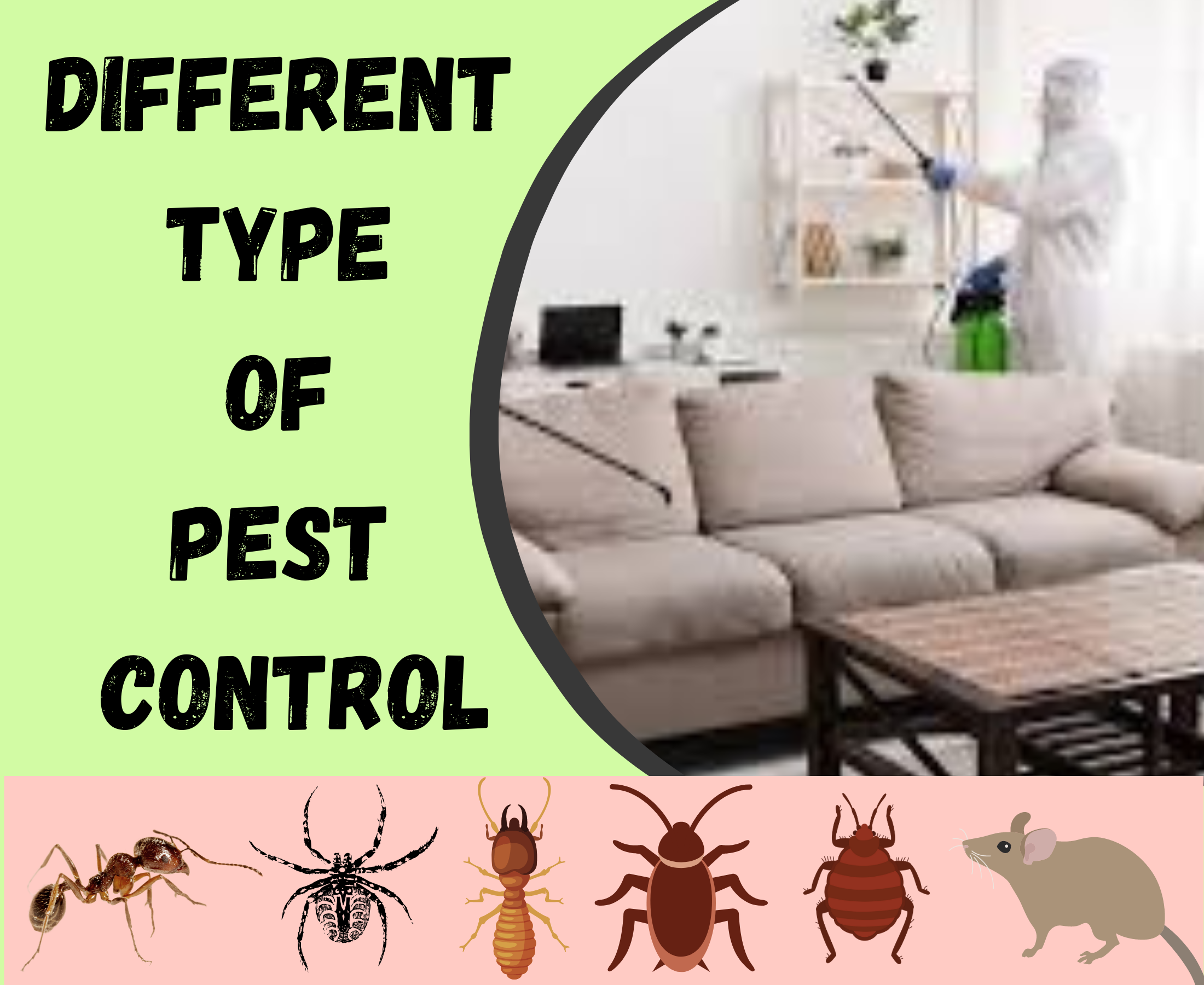The 5-Second Trick For Pest Control
Table of ContentsRumored Buzz on Pest ControlThe Basic Principles Of Pest Control The Buzz on Pest ControlThe smart Trick of Pest Control That Nobody is DiscussingThe Facts About Pest Control Revealed
Limitations of Chemical Administration Have the ability to examine pest troubles, identify if management is needed, and make ideal referrals utilizing IPM methods. Be familiar with different methods of parasite management - their benefits and limitations. Understand the value of beneficial bugs. It is not possibleor also desirableto rid gardens of all pests.This chapter talks about (IPM), a method that uses understanding concerning pests and their, methods, nonchemical techniques, and chemicals to handle pest troubles. Added info regarding IPM for details plants is consisted of in chapters that concentrate on those plants. Nonchemical insect control steps are emphasized in phase 17, "Organic Horticulture." Taking care of birds and mammals is covered in chapter 20, "Wild animals." Managing in the yard and yard is covered in phase 6, "Weeds." Insects in a garden or landscape might consist of bugs and termites, weeds,, animals, and birds.
Bugs and weeds, nevertheless, play a function in the. After planting a garden or establishing a lawn, the natural process of plant succession begins to restore and nonnative plants.
What we call "parasites" are component of a natural system at job. An environment has no insects. Only people think about specific varieties parasites when they take place where they are not wanted. We will certainly be more effective in taking care of unwanted varieties when we realize that these microorganisms comply with foreseeable patterns that we can make use of to our advantage.
Getting My Pest Control To Work
Insects prone to a chemical were rapidly eliminated, leaving immune ones to reproduce and multiply. It came to be clear that chemicals alone would certainly not solve all parasite troubles.
An IPM plan permits some degree of parasites in the environment. Bugs are much less likely to endure a program that utilizes several approaches of reducing their populations. Integrated pest management was first recommended by entomologists due to the fact that insects were the first team of insects to confirm hard to handle with chemicals alone.
pest and host accurately. and consider economic or aesthetic injury. A threshold is the point at which activity ought to be taken. a therapy strategy making use of mechanical, social, biological, or chemical controls, or a mix of these strategies. success of treatments. IPM has actually extended past insects to management of all pest populations: weeds, illness organisms, and mammals.
Getting My Pest Control To Work
Management rather than elimination of pests is the goal. An IPM plan begins with a mindful analysis of each parasite problem.
Clover expanding in a lawn might be considered as an undesirable weed, but as a vegetable it is synthesizing nitrogen for the soil and the blossoms are giving nectar to honey and other. Tolerance for some weeds might be component of an IPM plan. might be consuming the fallen leaves of a plant, however when they are determined as the larvae of Eastern tiger swallowtail butterflies, their damage may be endured so we can appreciate the stunning butterfly.

The 2nd crucial device in parasite monitoring is very early intervention. Existing and observant in the yard makes certain very early detection. Reacting to issues swiftly, before they have time to increase, calls for a less dramatic intervention. The 3rd crucial tool is recordkeeping; tracking what occurs in the garden makes it possible for a gardener to acknowledge patterns and make educated choices.
What Does Pest Control Do?
Many secure, useful, nonchemical techniques of find more plant security and insect administration might decrease or get rid of the demand to spray. Various other approaches are most beneficial when used with pesticides. To implement management techniques correctly and to decrease losses, garden enthusiasts should know the kinds of parasites that attack plants and understand pest biology.

Carrying out a dirt examination and applying just the advised amount of fertilizer and lime makes the most of the advantage to the plant while minimizing problems related to too much use plant food - Pest Control. Treatment the dirt with several inches of compost secures the plant in a number of ways: reducing soil water loss to dissipation, minimizing weed competitors, supplying nutrients, and creating a suitable setting for earthworms and bacteria that keep the soil visit this site loose for origins and break down natural material to launch nutrients
If mulch touches the trunk, it can produce a means for voles, bacteria, and fungi to assault the plant. Do not make use of manure or compost that has not thoroughly disintegrated as a leading dressing since it can motivate unfavorable parasites. Research recommends that farming is damaging to soil framework.
Pest Control Things To Know Before You Buy
If tilling read review is considered necessary, think about doing it in the autumn when the life cycles of numerous pests brings them near the surface. At the surface, parasites end up being subjected to the climate as well as birds and various other all-natural adversaries.